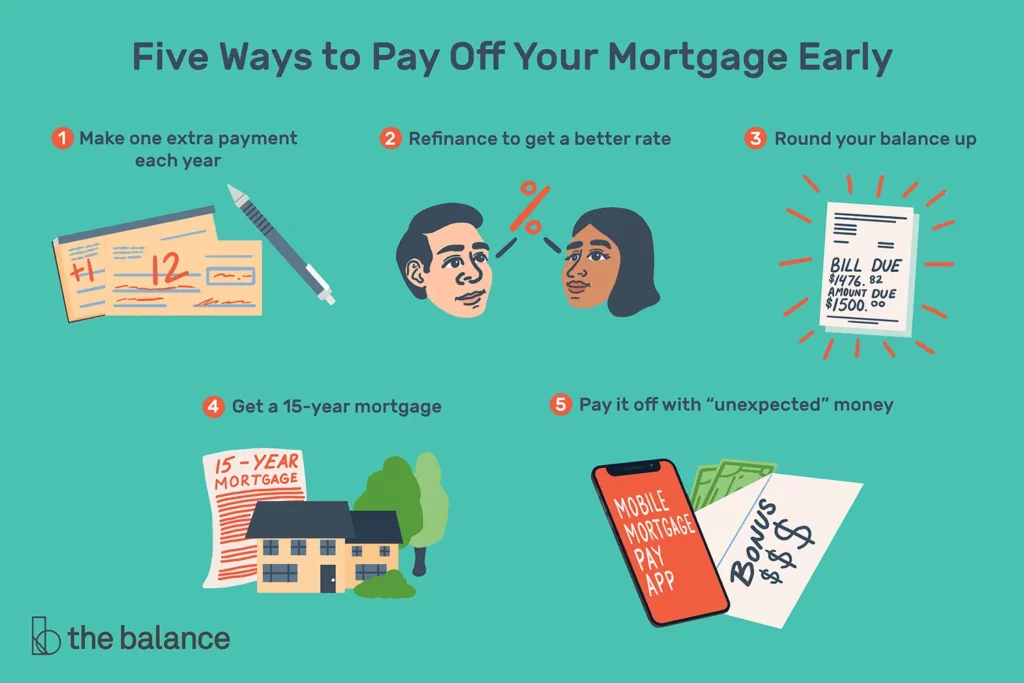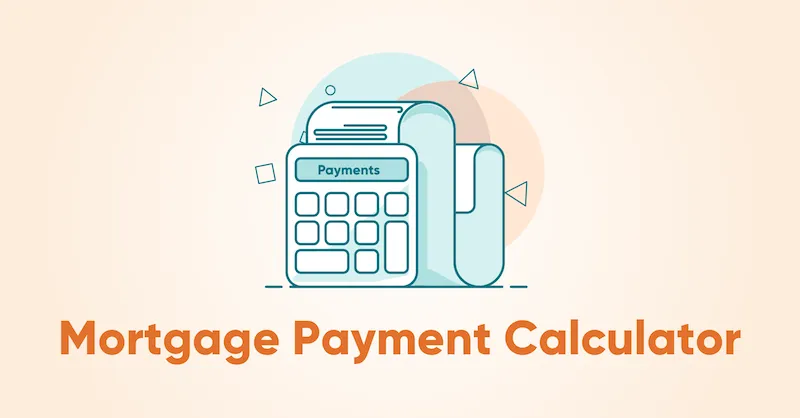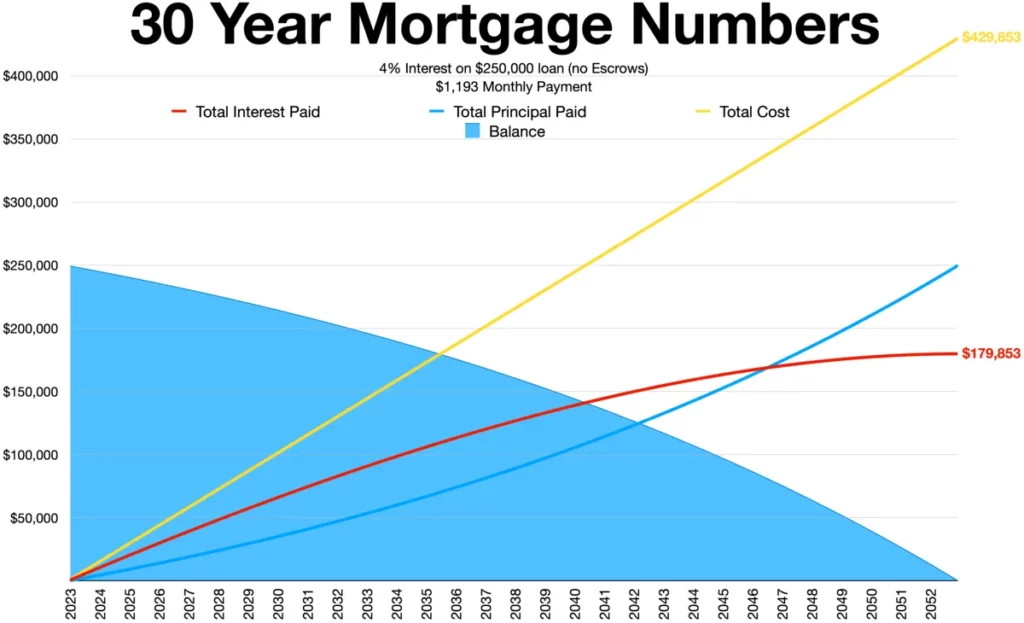Put a headlock on home mortgages with these Top 10 Tips For Finding the Best Mortgage Deals
Whether a fixer-upper or a McMansion, purchasing a home is the most significant life expense Canadian families will ever make. And since most families will need some home financing, navigating the mortgage process and terminology is an absolute must for consumers, whether it’s their first or fourth home.
Top 10 Tips For Finding the Best Mortgage Deals
The savvy tips below will assist home buyers save valuable time and hard-earned money as they shop to finance their dream home.
- Seek An Expert … Opinion – Mortgage experts can help steer homebuyers through the mortgage process with advice that fits their financial profile, and they will assist with finding the best mortgage, as well as understanding the fine print regarding payments, mortgage options, etc.
- Understand the Financial Aspect – Homebuyers should have a clear picture of their income, expenses, and any debts, such as car notes or credit card balances, so they can understand how much debt they can handle.
- How Much is Too Much? – Despite recent news that some leading Canadian lenders will offer lower interest rates on some mortgages, consumers shouldn’t take on more financial obligations than they can handle.
- Comparison Shop on Mortgage Rates – Consumers shouldn’t settle for the first reasonable offer. Shopping around will give them a better picture of what is available and more leverage when negotiating rates.
- Keep Scores Clean – Low credit scores can mean a big difference in the interest rate offers consumers can expect to receive from lenders. Those with less than stellar credit should work on raising their scores before applying for a home loan.
- Big-ticket Purchases – Consumers should delay getting any other big loans or making any significant purchases to keep their debt-to-income ratio low. Lenders use the balance to determine interest rates. A better ratio translates into better rates for consumers.
- More extensive Up Front – A more significant down payment is good for several reasons. For example, Canadian homebuyers with a 25% down payment can avoid paying for mortgage insurance which protects the lender in case of a loan default. Also, a larger down payment means less money to borrow and less interest to pay on the loan.
- Variable Versus Fixed Rate – This is one of those significant mortgage decisions that savvy consumers should not take lightly. A variable or adjustable rate will provide flexibility when interest rates are running low but can hurt if they rise sharply. On the other hand, a fixed rate is set for the mortgage’s term and protects consumers from rising interest rates. Variable rates can also be converted to fixed rates, so it is wise for consumers to review all their options.
- Break Out the Magnifying Glass – Consumers should understand their mortgage contract to clear up any questions regarding interest rates, penalties, fees, payment options, etc., before signing on any dotted line.
- Double Up … On Payments – Choose mortgage options that allow consumers to make weekly or bi-weekly payments as an excellent way to save money on the life of the mortgage. As the principal decreases, so does the interest. Check

Canadian homebuyers can also benefit from using a mortgage calculator such as the one here at Mortgage Calculator Canada to figure out their monthly payments. The calculator also factors in the cost of mortgage insurance for down payments, which are less than 20% of the purchase price.



